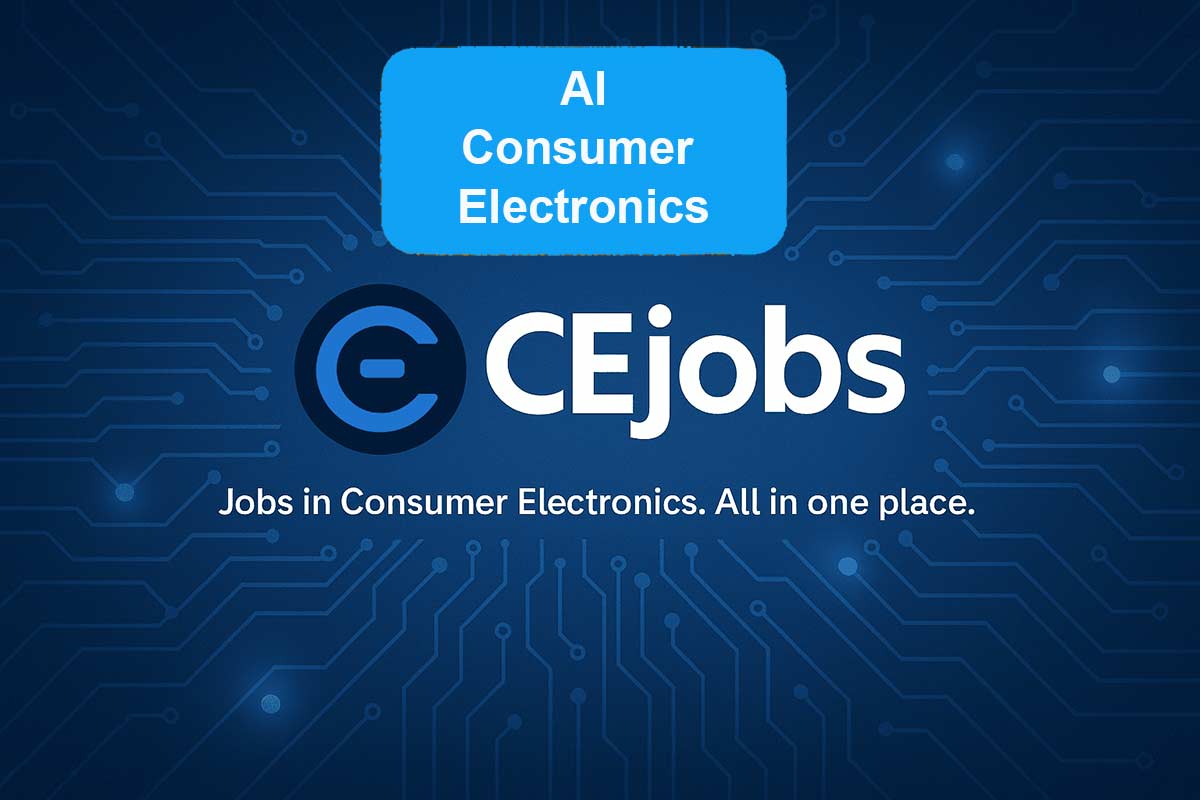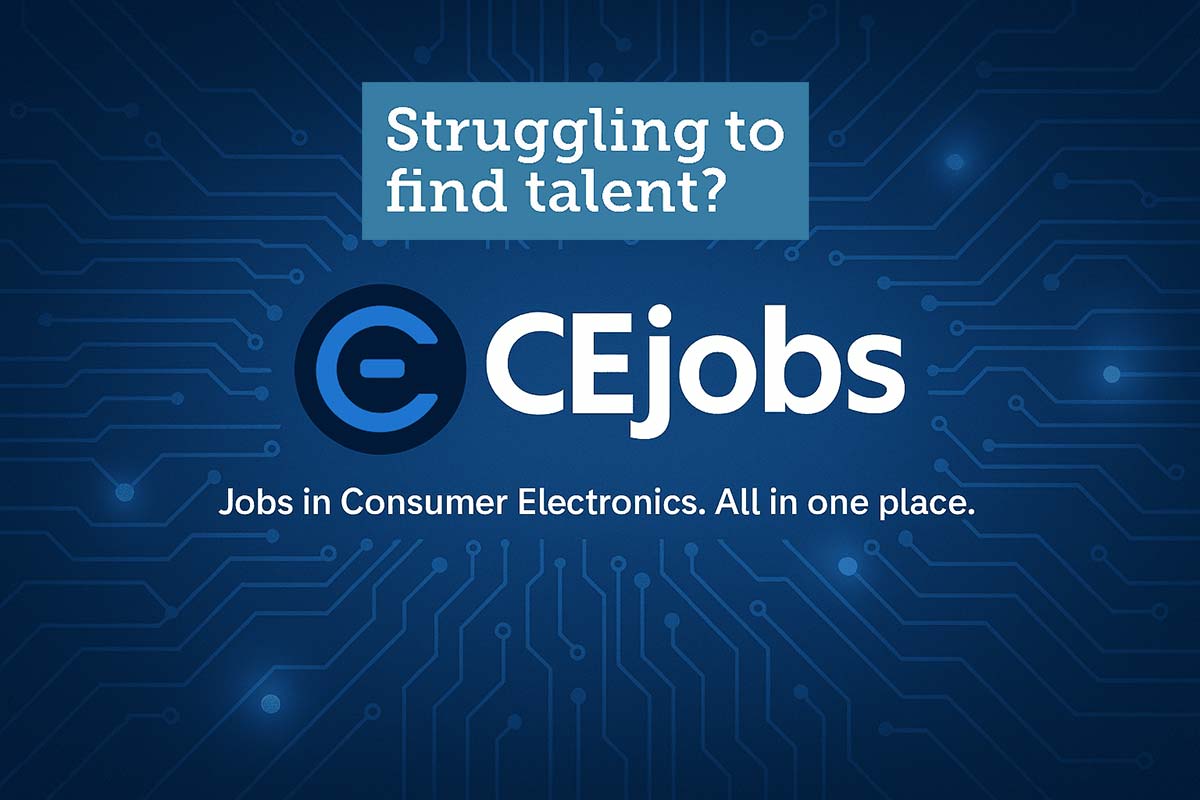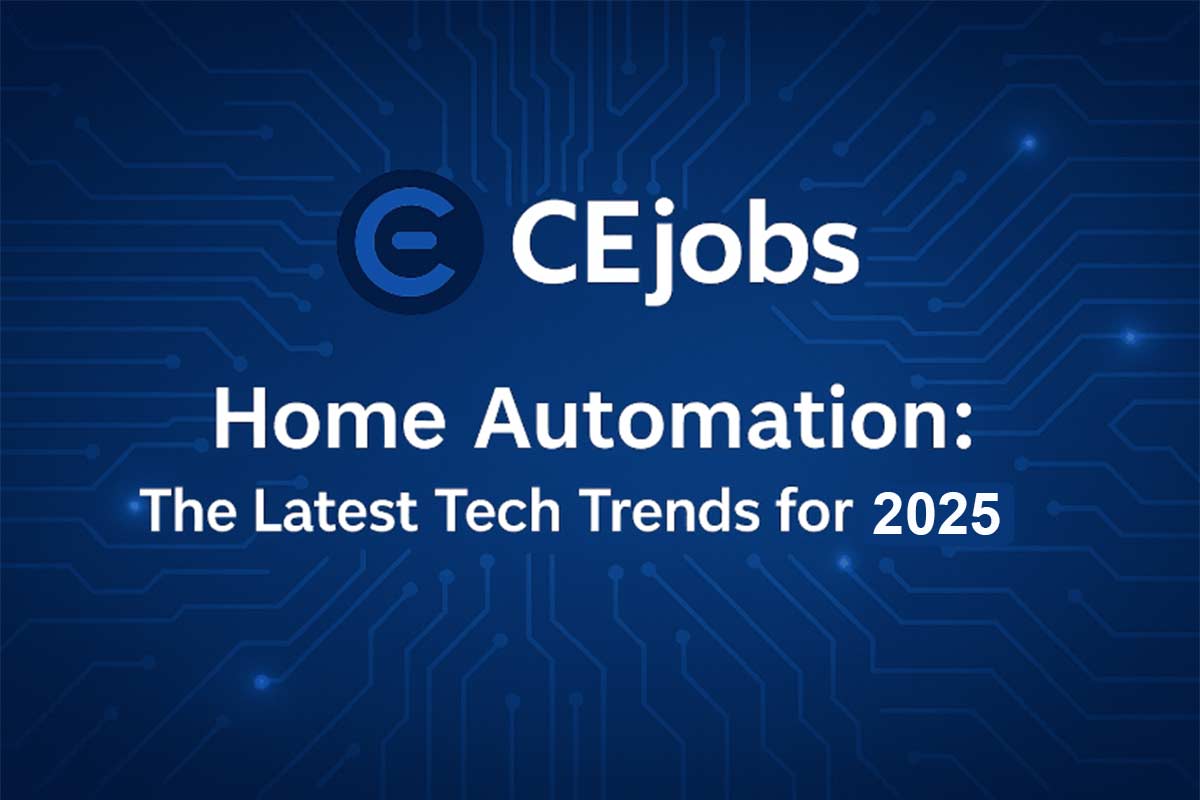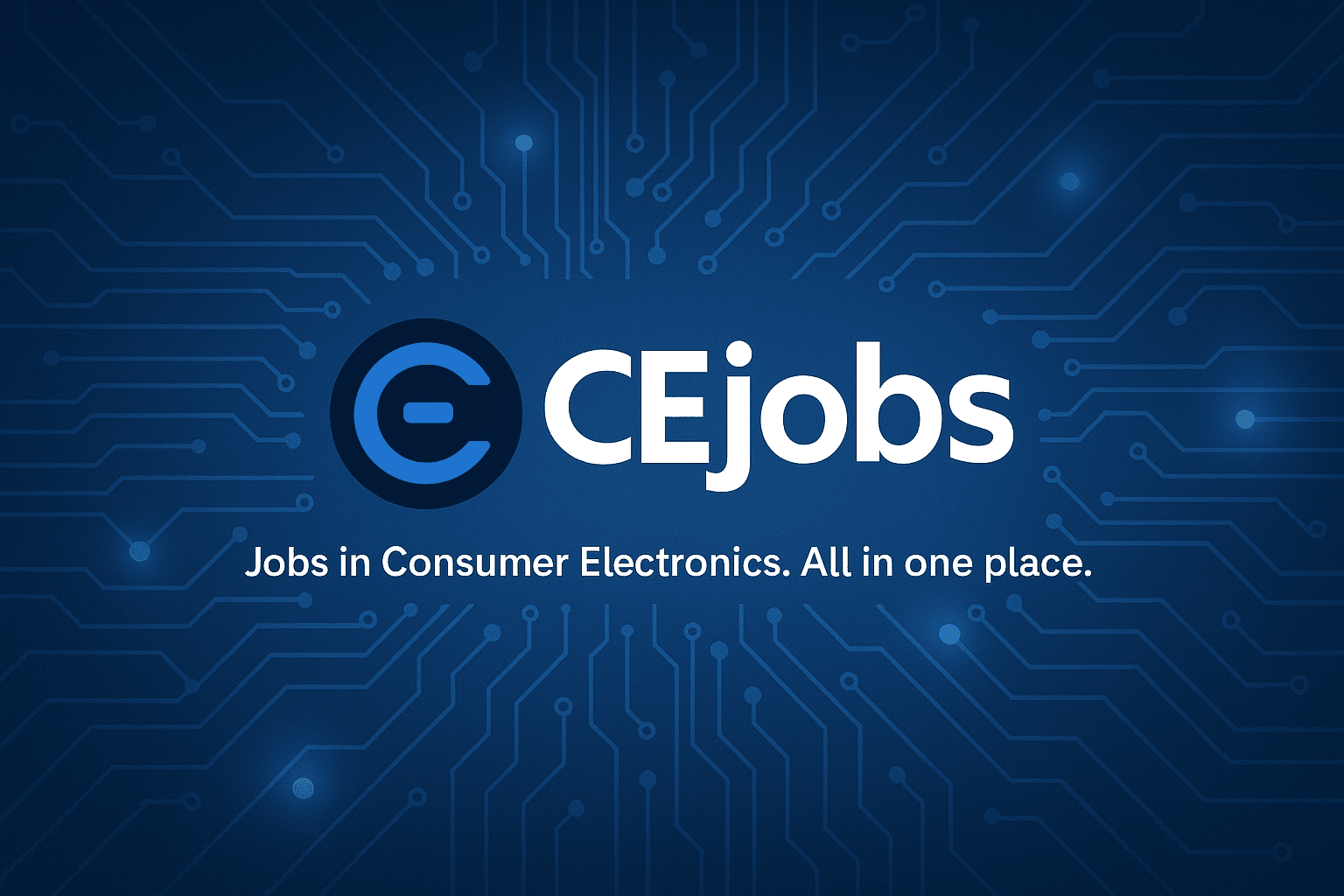
AI-Powered Consumer Electronics: Revolutionizing Everyday Life
Posted
"AI-Powered Consumer Electronics: Revolutionizing Everyday Life"
Artificial intelligence (AI) is increasingly transforming the consumer electronics landscape, making devices smarter and more intuitive. From AI-powered smartphones with enhanced camera capabilities to smart home devices that learn user preferences, the integration of AI is reshaping how consumers interact with technology in their daily lives.
The adoption of AI is particularly evident in the smartphone market, where companies like Google, Apple, and Huawei are embedding AI-driven features such as predictive text, facial recognition, and camera optimization into their devices. For instance, advanced AI algorithms can now recognize and enhance various scenes in a photo, adjust lighting, and even remove unwanted objects with a simple click. AI-based voice assistants, including Alexa, Siri, and Google Assistant, have also evolved to understand natural language better and perform more complex tasks, such as managing smart home ecosystems or providing personalized recommendations.
Wearables and health-tech devices are also benefitting from AI advancements. Smartwatches and fitness trackers are using AI to offer more accurate health insights, detect irregular heartbeats, and even predict potential health issues. AI’s role in wearables extends to user behavior analysis, providing personalized fitness plans and tracking sleep patterns for better wellness outcomes.
The gaming and entertainment industry is another area witnessing a major AI-driven shift. AI is being used to create more immersive experiences through dynamic content generation, facial animation, and real-time game adaptation to player skills. AI-powered sound systems are now capable of adjusting audio settings based on room acoustics, providing users with a personalized listening experience.
However, the rise of AI in consumer electronics is also sparking discussions around privacy and data security. As devices collect more user data to deliver personalized experiences, companies face increased pressure to ensure data protection and comply with regulations. Balancing innovation with ethical considerations will be a key challenge as AI continues to revolutionize the consumer electronics sector.
With AI's rapid integration across multiple domains, its role in shaping the future of consumer electronics cannot be understated. As the technology evolves, consumers can expect even more intelligent and intuitive devices, making daily life simpler, more connected, and highly personalized.






